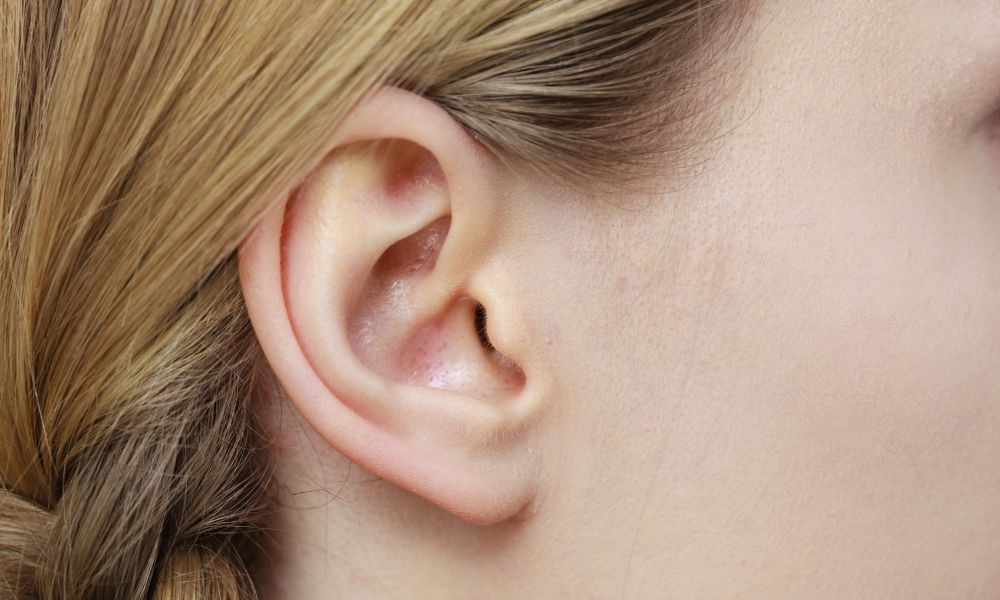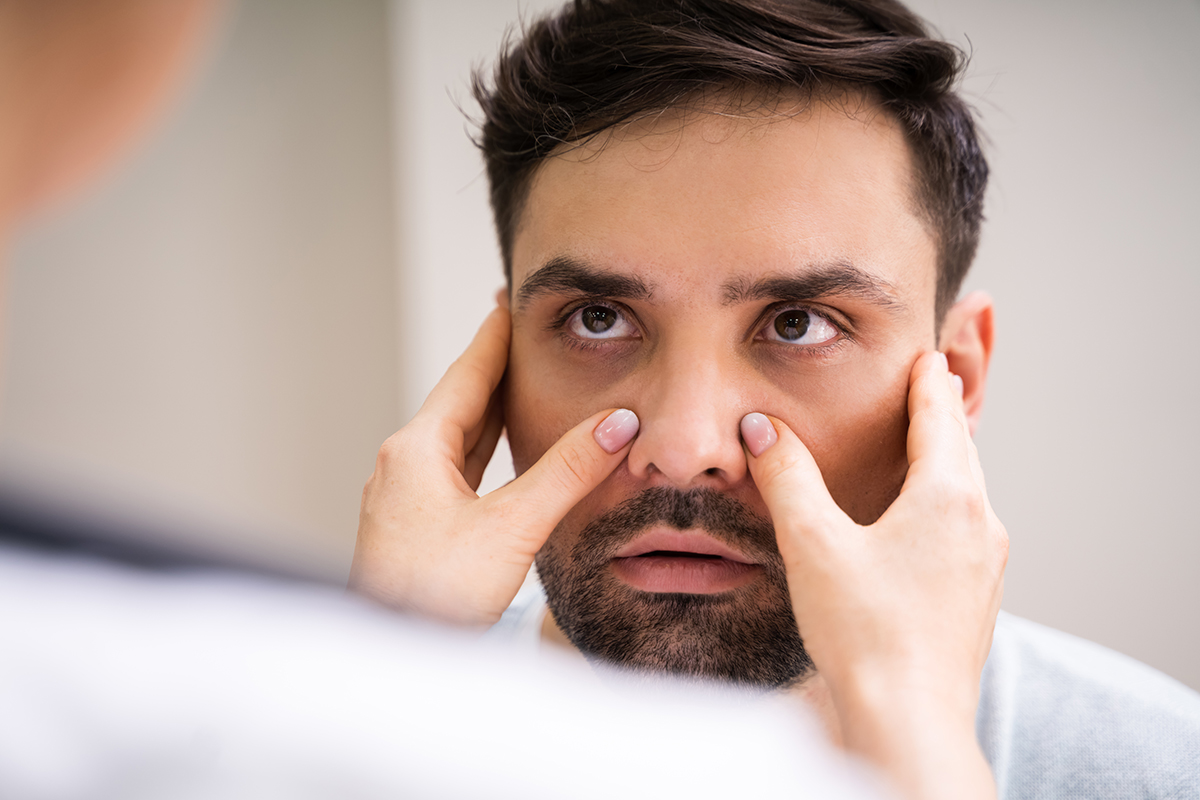
There’s a difference between feeling dizzy after going on a rollercoaster versus feeling dizzy while trying to read a book or eat breakfast. The causes of dizzy spells can range from cardiovascular disease to dehydration to motion sickness. Either way, these spells can greatly inconvenience your daily routine and cause stress if you don’t know the issue’s root.
Finding the sole cause of your dizziness can be tough due to the many disorders where dizziness can be a symptom. However, it’s important to call a doctor immediately if you’re experiencing it frequently or for a prolonged period with no explanation. Here are four possible reasons you could be experiencing dizziness.
Iron Deficiency
Iron deficiency anemia is one of the most common types of anemia, having more than three million cases per year in the United States. This occurs when your body lacks enough iron to produce hemoglobin, a protein in the red blood cells. With iron deficiency comes the following symptoms:
- Fatigue
- Chest pain
- Dizziness
- Shortness of breath
- Headaches
- Cold hands and feet
Taking iron supplements and making dietary changes are good ways to treat less serve cases of iron deficiency. However, those who experience severe iron deficiency might also require a blood transfusion.
Benign Paroxysmal Positional Vertigo
Many people use “dizziness” and “vertigo” interchangeably, but these conditions are vaguely different. When someone feels dizzy, they feel lightheaded or woozy. However, when someone experiences benign paroxysmal positional vertigo, they will feel vertiginous when changing their body or head position.
BPPV results from the calcium crystals in the inner ear being out of place. Although it lasts only a few seconds or minutes, it can be uncomfortable. Luckily, it’s harmless, and it’s typically a result of a head injury or older age.
Ear Infections
Another possible reason you could be experiencing dizziness is from having an ear infection. When you have an ear infection, the inner ear is inflamed, causing a blockage to your brain and not allowing the inner ear to send signals. This can also cause discomfort and dizziness and emit pus-like drainage. Luckily, treatments are fairly simple, including medications to relieve pressure, nausea, and dizziness.
Ménière’s Disease
Ménière’s disease results from having excess fluid in the inner ear. Although experts aren’t sure how the fluid builds up, it’s common for people in their 40s to 60s to develop this condition. The symptoms of Ménière’s disease are:
- Tinnitus
- Nausea
- Hearing loss
- Dizziness
Ménière’s disease is sudden and can last for 30 minutes to 24 hours. Your ENT will prescribe anti-vertigo and anti-nausea medications. Still, we encourage patients to implement healthier lifestyle changes, like low-sodium diets, quitting smoking, and limiting caffeine intake.
Your body relies on your sense of balance, and although it may take time to nail down the cause of dizziness, it’s important to treat it. Here at Allergy & ENT, we take pride in finding the cause and a solution. We offer ENT services for vertigo, acid reflux, sinus disease, and more. We have 18 locations in the great state of Texas. Contact us today to make an appointment! We’re always looking forward to helping.



